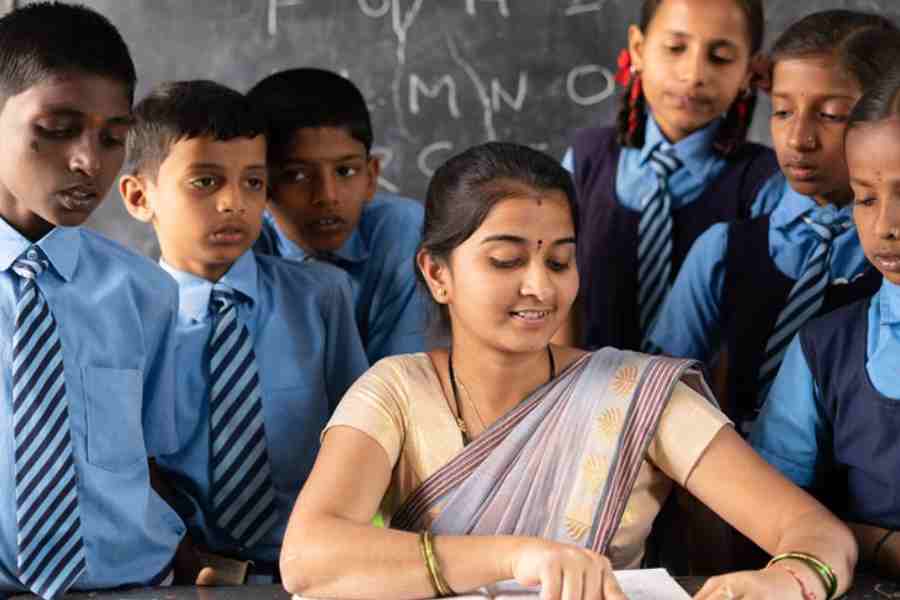Last month, a group of boys from the Archives Society of La Martiniere for Boys came to interview me as I was first a student and then a teacher at La Martiniere for Girls. I was childishly excited about this interview because I rather appreciated this initiative of the boys to start an archive for their nearly two-centuries-old school.
The boys’ questions were impressive, while I rambled on unabashedly, hopping from topic to topic with all kinds of episodes thrown in — buried memories of my old school had suddenly been resurrected. One of the questions that I was asked was whether I thought it was a good idea to reach out to alumni. This made me think about the need to build bridges between the past and the present.
Other than the occasional past versus present debate or cricket match, students do not have any connection with their school’s past unless their parents are alumni of the same institution. They do hear stories about the school, about distinguished old boys and girls and about some who were ‘famous’ for their pranks that drove their teachers up the wall. It seems strange that many of these ‘impossible’ students turned out to be successful in life and became eminent citizens. The past and present need to meet. They enrich each other.
Talking about bridges, I have this wonderful bond with my predecessor, Wilson-deRoze, who turned 96 in July. I keep learning from her as she is tech-savvy enough to keep in touch through email. I think of her as our school’s guardian angel. She embodies all the age-old ethics and values whose erosion we lament today. I wish I had her phenomenal memory and her admirable patience with annoying people. I suppose only a patient person can be at the helm of a school for 35 years. It is indeed remarkable that she has never been heard running down others and even her critical pronouncements were gentle and elegantly worded. Administrators can learn a great deal from their predecessors and the continuity is immensely valuable for a school.
Similarly, primary, middle school and high school (and institutions for higher studies) shouldn’t function in watertight compartments. These links are important as children learn from one another — it is surprising what younger children can teach their seniors. I have a feeling that bullying can be substantially reduced if strong bridges are built between the various stages of schooling.
The so-called generation gap would be non-existent if the young and the old reached out to each other. Older people have a tiring refrain: lamenting how young people have got completely out of hand, that all they are attached to are their devices and so on. I wish the old would try to understand the young better. It is quite boring to hear people keep singing praises of their times — everything was glorious back then. I still remember this persevering young boy trying to teach his grandfather how to use a mobile phone right through his summer vacation but later admitting reluctantly that it had been a waste of time. But the bonding that happened during the period of futile coaching was something to witness.
History students are always told that the present can only be understood through the past. People who have no understanding of the past have no clue as to who we are today. Political parties in power usually wish to conquer young minds. They order the omission of chunks of history from the curriculum, indicating seriously distorted minds that believe that facts can be wished away. This attitude is certain to damage children’s sense of continuity and affect their quest for the truth. There will be yawning gaps in their understanding of the past and, thus, their worldview will be formed on faulty premises.
The current mania is about the future — not the past, not the present. Young and old keep talking about ChatGPT, Artificial Intelligence and, of course, there is no getting away from the obsession of planning each child’s future. And all the while John Lennon’s words keep haunting me — “Life is what passes us by while we are preparing for it.”
Devi Kar is director, Modern High School for Girls, Calcutta











